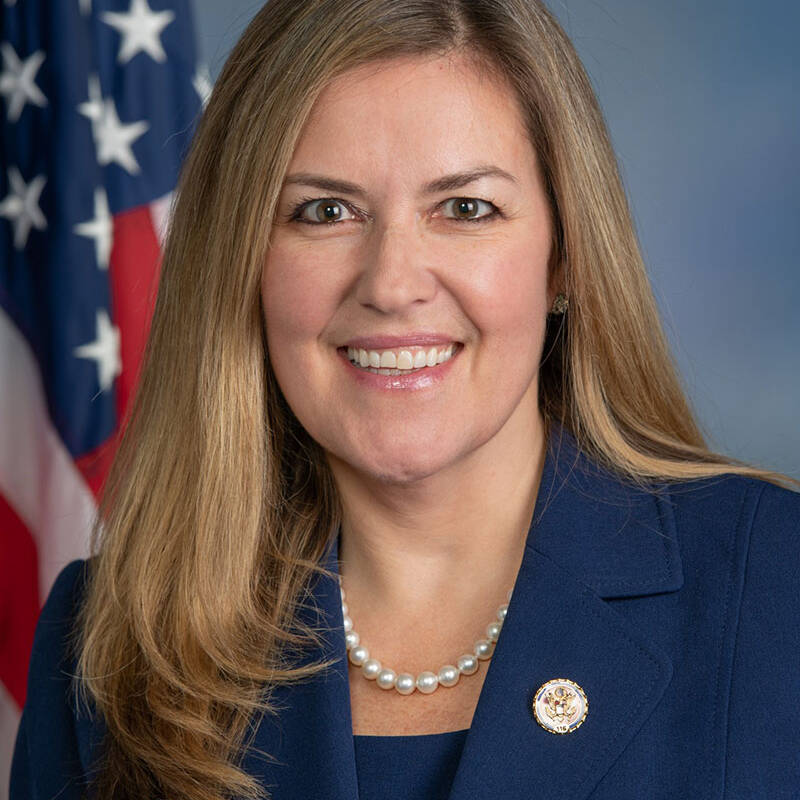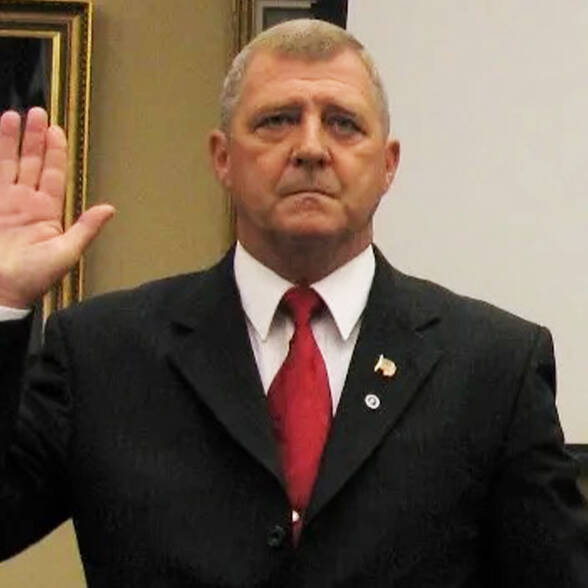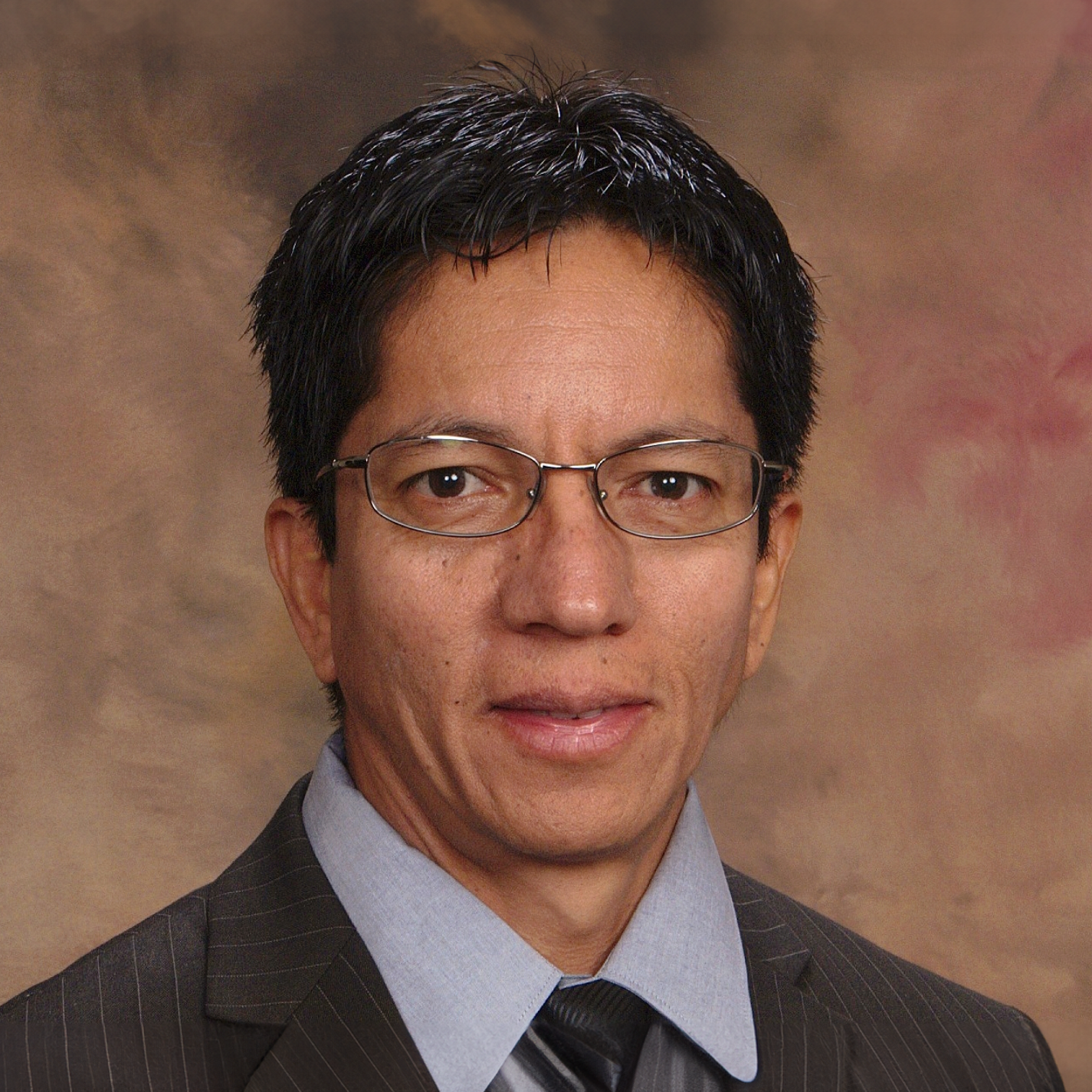How the Biden Administration Is Fighting for Clean Air and Water, Climate Protection, and Healthy Communities for All
March 25, 2024
By Cathleen Kelly, Michele Roberts, Rachel Chang
This article was originally published in Center for American Progress.
Image credit: Getty/Drew Angerer
The Biden administration has launched the most ambitious climate and environmental justice agenda in history to ensure that every community has clean air and water, can access living-wage jobs and affordable clean energy, and is protected from climate change threats.
Introduction and summary
No administration in history has done more than President Joe Biden’s to ensure that all people—regardless of race, income, or ZIP code—live in healthy and safe communities. The Biden administration has advanced an unprecedented climate, clean energy, and environmental justice agenda to accelerate progress toward securing access to clean air and safe water, affordable and clean renewable energy, and climate-resilient and healthy communities for all Americans.1
This new funding is part of the Biden administration’s Justice40 Initiative,4developed in partnership with environmental justice leaders and front-line communities, which aims to deliver at least 40 percent of federal climate, clean energy, and other infrastructure investment benefits from more than 500 federal programs to low-income communities and communities of color.5 These benefits include healthy air quality, safe drinking water, climate-resilient affordable housing, and affordable clean energy and transportation.
The IRA and IIJA funds designated for disadvantaged communities, along with other federal investments mobilized by the Justice40 Initiative, are beginning to bring real benefits to low-income, Black, brown, and Indigenous communities overburdened by high levels of pollution and economic and racial inequality. For example, the administration has invested more than $11.7 billion in IIJA funds to ensure that communities in all 55 states and U.S. territories have access to safe drinking water and clean rivers, lakes, and other water resources—with plans to spend an additional $2.3 billion from the IIJA for clean and safe water in 2024.6
These ambitious yet long-overdue efforts are part of the Biden administration’s far-reaching actions to advance racial justice and equity.
The administration also has invested $3.5 billion in IIJA funds to support the cleanup of more than 150 high-priority Superfund sites, many of which have languished without funding for years.7 This investment also launched 96 new cleanup projects in 33 states and territories, including Arizona, Georgia, Louisiana, Michigan, Nevada, New Mexico, North Carolina, Pennsylvania, Wisconsin, and more.8 According to U.S. Environmental Protection Agency (EPA) Deputy Administrator Janet McCabe, “[This] funding has made it possible for EPA to initiate clean ups at every single Superfund site where construction work is ready to begin. This is an incredible milestone in our efforts to clean up and protect communities, deliver local jobs, enhance economic activity, and improve people’s lives for years to come.”9 In addition, the administration awarded $1 billion in IRA funds for roughly 400 projects in all 50 states to expand parks and tree cover, reduce extreme heat risks, and improve public health and quality of life in communities.10
This report discusses how these and the Biden administration’s other historic investments are accelerating efforts to guarantee that all people can live in healthy and safe communities by 1) ensuring clean air, clean water, and a healthy climate; 2) lowering household energy costs and providing access to clean renewable energy; and 3) improving community climate resilience, transportation, and access to living-wage jobs.
Biden administration actions to prioritize healthy communities and environmental justice for all
Within days of taking office, President Biden launched the first-ever White House Environmental Justice Advisory Council (WHEJAC)11 to help shape the administration’s environmental justice policies.12 Guided by the WHEJAC, in April 2023, President Biden issued an executive order (EO) recognizing that “restoring and protecting a healthy environment — wherever people live, play, work, learn, grow, and worship — is a matter of justice and a fundamental duty that the Federal Government must uphold on behalf of all people.”13 The EO calls on federal agencies to redouble efforts to enforce the nation’s environmental and civil rights laws, address the deadly cumulative impacts of pollution and other stressors, and protect against climate change and other environmental hazards, which disproportionately harm low-income communities and communities of color.<a14
In January 2024, President Biden announced a pause on all pending approvals of liquified natural gas (LNG) facilities to consider their impacts on climate change, the economy, and national security.15 This decision was a victory not only for safeguarding Americans from a 9 to 14 percent increase in natural gas prices16but also for protecting the health and safety of the predominantly Black communities living near LNG processing facilities and their efforts to hold the fossil fuel industry accountable for putting profits over people.
The Biden administration is also strengthening public health protections under the Clean Air Act (CAA) to reduce the harmful and costly health effects of pollution. In February 2024, the administration finalized a new lifesaving standard to reduce particulate matter, also known as soot, that will prevent serious illness, hospitalization, and premature death in communities across the country.17 In March 2024, the EPA set a stronger emissions standard for cars and light trucks to protect public health, safeguard the climate, and lower fuel and maintenance costs for drivers.18 In the coming months, the administration is also expected to finalize carbon pollution standards for coal power plants and newly built gas plants,19 as well as stronger standards to protect communities from mercury and air toxics,20 toxic coal ash,21 and emissions from heavy-duty vehicles.22 In addition, the administration proposed strong standards to protect public health from lead pollution, which would require utilities to remove and replace all lead pipes in every community within 10 years.23
These ambitious yet long-overdue efforts are part of the Biden administration’s far-reaching actions to advance racial justice and equity while addressing the climate crisis.24 To be sure, much more work is needed to undo the brutal and lasting legacy of racial, environmental, and climate injustice in this country. For example, huge wealth disparities between Black and white households persist,25as do state voter suppression laws that cost Americans of color their voices at the polls.26 Moreover, communities of color are more likely than white neighborhoods to live with unsafe air quality and drinking water and near toxic waste sites.27 Yet the bold steps this administration is taking lay a strong foundation for future policies that will be needed to continue to tackle racial and environmental injustice and climate change and secure safe and healthy communities for all. This foundation includes the real benefits delivered by the Biden administration’s historic investments in climate protections, environmental justice, clean renewable energy, clean air and water, and pollution cleanup in Black, brown, Indigenous, and other communities of color. These investments and their benefits are described below.
Dr. Martin Luther King believed deeply that all life is interrelated. He described our destinies as “tied in a single garment … Whatever affects one directly, affects all indirectly.”28 Dr. King also believed that “Injustice anywhere is a threat to justice everywhere.”29 He held out a vision of what he called the “Beloved Community,” where peace, justice, love, and understanding prevailed and where poverty, racism, and discrimination of any kind were not tolerated. For Dr. King, the Beloved Community was not an unachievable utopia, but rather an attainable goal that could be reached through unshakable commitment.30
While Dr. King’s Beloved Community has not yet been realized, the Biden administration has made important progress that offers hope that perhaps someday it can be. To do so requires faith in this possibility. Policymakers and the American people must not be complacent with where things stand or despondent about what must still be accomplished. Through tireless determination, our country can build on the foundation laid by the Biden administration to ensure that all people—regardless of race, income, or ZIP code—have access to clean air and safe water and the ability to live in a healthy “Beloved Community.”
























